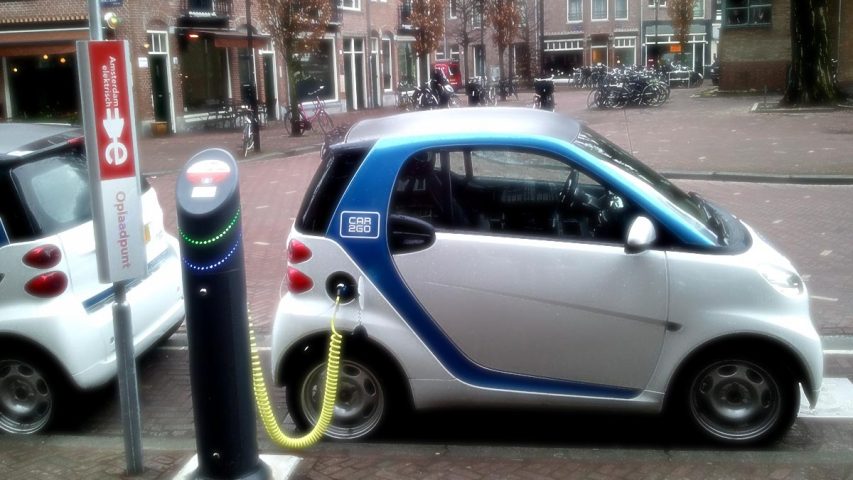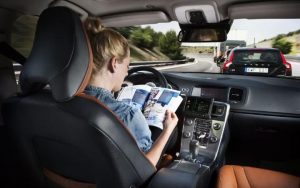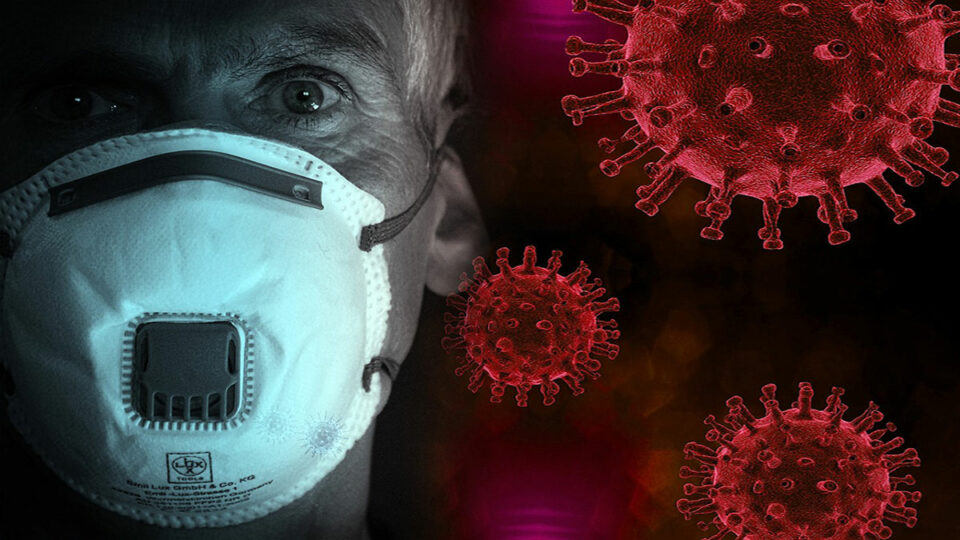- Have any questions? Contact us!
- info@dr-rath-foundation.org

Taking Common Painkillers For Just One Week Increases Risk Of Heart Attack
May 11, 2017
New herbal study pours further ridicule on claims that natural health therapies are not scientifically proven
May 26, 2017Stanford University Professor Predicts Collapse Of Oil Cartel Now Within Sight

A groundbreaking new report has sent shockwaves through the world’s major oil producers by forecasting that, within just 8 years from now, every new vehicle manufactured will be electric. Written by Stanford University economist Professor Tony Seba, the report suggests that as people start to switch from car ownership to on-demand driverless electric vehicles the resulting crash in oil prices will lead to the collapse of the petroleum industry. Stating that “we are on the cusp of one of the fastest, deepest, most consequential disruptions of transportation in history,” Seba predicts that the coming revolution will end over 100 years of individual vehicle ownership and, in the process, reshape the world’s energy economy.
Car manufacturers producing old-style internal combustion engine vehicles will be faced with an existential crisis. Their choices will essentially be to either manufacture electric vehicles (in what will increasingly become a cut-throat low-cost market); reinvent themselves as service companies providing driverless vehicles on demand; or be forced out of business. By 2030, Seba reckons 95 percent of car miles in the United States will be traveled in driverless, electric, shared-vehicles. Globally, the repercussions from this development will be far-reaching.
Economic implications
By moving from owning and maintaining their own cars to using on-demand driverless electric vehicles instead, the report says the average American household will be able to save $5,600 per year. Equivalent to a wage rise of 10 percent, this will inevitably lead people to radically rethink their need to own a car.By 2021 the report estimates that hiring driverless electric vehicles for journeys will be four to ten times cheaper per mile than buying a new car, and two to four times cheaper than operating an existing one. Revenue from advertising and other sources may even open up the possibility of transport becoming free.
As people increasingly switch away from owning cars, demand for new vehicles will plummet. The number of cars on the road will fall dramatically. Businesses such as car dealerships could potentially suffer almost complete destruction. All types of vehicles will be affected, from those used for getting the children to school to those that transport goods between cities. Electric vehicle lifetimes could exceed half a million miles, and eventually even a million miles. The creators of the software that will run electric vehicle operating systems will be among the major economic beneficiaries of these changes, with cars essentially turning into computers on wheels.
As the revolution progresses, the report predicts that the vast majority of people will stop owning vehicles altogether and will instead simply access them only when needed. Eventually, as the number of unsellable old-style cars becomes unmanageable, owners may even need to pay to dispose of them. Either way, before 2040 the report estimates that any remaining internal combustion engine vehicles will have been eliminated entirely. Prior to this, as the number in use begins to fall, there will certainly also be a parallel reduction in the number of filling stations selling petrol and diesel. Once this happens, the oil cartel will be in crisis.
Geopolitical implications

Burning oilfield during 1990-1991 Gulf War, Kuwait. Wars over oil will eventually become a thing of the past. By Jonas Jordan, United States Army Corps of Engineers [Public domain], via Wikimedia Commons
The report also expects that energy security will become a far less critical component of American foreign policy and military strategy. Wars over oil will eventually become a thing of the past. This, for sure, is something that the entire world will be able to celebrate.
Towards a better world

The rise in the use of electric vehicles and consequent decline of the oil cartel will bring both benefits and challenges. Similar to the ongoing rise in the use of scientifically-based natural health approaches and the inevitable eventual decline in the use of patented synthetic drugs, electric vehicles represent yet another example of the way in which scientific progress is beginning to replace old, outdated technologies and point the way to a better future.
Perhaps the main danger lies with politicians and policymakers, who, just as is currently the case in the area of health, will be able to either accelerate or delay the breathtaking changes that are becoming possible. But given the clear environmental, economic and social benefits, any countries that try to delay the implementation of new transport technologies will quickly become the 21st century equivalent of horse-based economies trying to compete with the internal combustion engine.
As Professor Tony Seba’s report therefore reminds us, a better world is now just around the corner. If we collectively make the right choices, a cleaner, healthier, more peaceful planet can soon begin to take shape.




